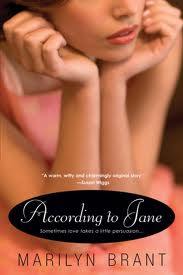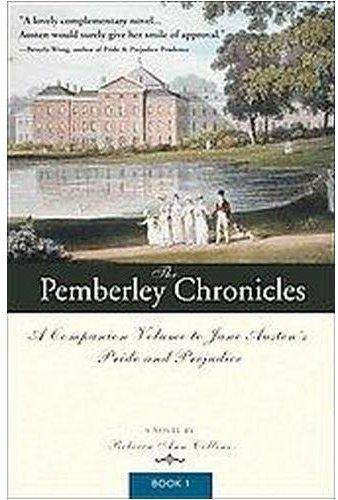Mrs. Darcy’s Dilemma by Diana Birchall
Five and twenty years after the close of Pride and Prejudice, Mr. and Mrs. Darcy watch their three children’s romantic adventures in this short novel. England hovers on the brink of the Victorian era, but the Darcys’ eldest son, Fitzwilliam, has distressingly profligate tastes. Henry, the younger son, about to take orders, is more satisfactory as a son, a brother and an Austenian gentleman, and Jane, the only daughter, is preparing for her first season in town. Mrs. Darcy, in a fit of dutiful amiability, invites her sister Wickham’s two daughters for a visit at Pemberley, hoping they will be companions for Jane: Bettina, the elder, takes after her mamma, but the younger, Cloe, is preternaturally wise and surprisingly mature--surprising for a daughter of Lydia Wickham, at least.
Christmas approaches, and Pemberley counts as its inmates two young men and two young ladies; we shall let your imaginations take it from there. Ms. Birchall treads similar ground to that covered by Elizabeth Aston in her recent Pride and Prejudice sequel, but on a much smaller scale. She keeps the story close to home; it takes place almost entirely at Pemberley. It is difficult to scruple at this, as one of Jane Austen’s guiding principles, by her own admission, was to write of “two or three families in a country village;” nonetheless, one longs for just a little more scope in this novel. Whether it is our modern sensibilities at work, or perhaps a Catherine Morland-like appreciation of a touch of melodrama in our fiction, we are not entirely certain. A little more character and plot development, we dare say, would have satisfied both Jane’s requirements and our own.
The writing style is very fine, particularly after one gets through the ponderous opening chapter, with its overly precious abundance of commas. Once Ms. Birchall settles into her story, the writing is all that we’ve come to expect from the authoress of In Defense of Mrs. Elton. The plot is light as a feather, perhaps deceptively so; Ms. Birchall touches on some of the universal themes that Jane Austen explored so ably, but those touches are so light that we are left wondering whether they were purposeful. This lightness also has the unfortunate effect of making the story a trifle predictable. Only one character embarks on a journey of self-awareness, reminding one of Tom Bertram’s story. One could wish other characters were more developed, but they remain shallow ciphers throughout.
The secondary characters—the former Kitty and Lydia Bennet, as well as the Collinses and Lady Catherine de Bourgh—are well-drawn and recognizable as shades of their originals. Fans of Elizabeth and Darcy may be disappointed, as they are not the main characters, but part of a larger ensemble. We are fond of young Henry and Jane, a delightful brother and sister combination in the best Austen tradition. We recommend Mrs. Darcy’s Dilemma to those Janeites who dislike the type of sequel with unrecognizable characters, overwrought melodrama and nonsensical plots. It is the literary equivalent of a meeting with old friends, being deficient only in its briefness.
Margaret C. Sullivan is the webmistress of Tilneys and Trap-doors and AustenBlog, and shares more with Catherine Morland than an appreciation for horrid novels; namely, an appreciation for Henry Tilney.




Leave a comment
This site is protected by hCaptcha and the hCaptcha Privacy Policy and Terms of Service apply.